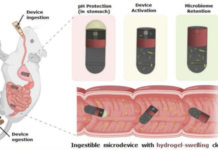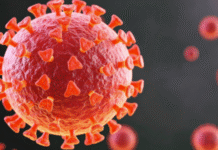NEW DELHI– People with Type 2 obesity-driven diabetes are more likely to develop aggressive forms of breast cancer, and researchers have now uncovered a key reason why. A study from Boston University has found that altered blood particles known as exosomes can weaken tumour-fighting immune cells, allowing cancers to grow and spread more easily.
“Breast cancer is already challenging to treat, and people with type 2 diabetes have worse outcomes, but clinicians don’t fully understand why,” said Gerald Denis, Professor at Boston University and the study’s corresponding author. “Our study reveals one possible reason: diabetes changes the way the immune system works inside tumours. This could help explain why current treatments, like immunotherapy, don’t work as well in patients with diabetes. Knowing this opens the door to better, more personalised treatments for millions of people.”
The team used tumour samples from breast cancer patients to create three-dimensional tumour models in the lab, known as patient-derived organoids, which preserve the original immune cells. These mini-tumours were then treated with exosomes taken from people with and without diabetes, but without cancer.
Using single-cell RNA sequencing, researchers found that exosomes from diabetic patients suppressed immune activity within the tumour organoids, making them more vulnerable to cancer progression.
“This is the first study to directly link exosomes from people with type 2 diabetes to suppressed immune activity inside human breast tumors,” Denis noted.
The findings not only shed light on why breast cancer tends to be more aggressive in patients with diabetes but could also have implications for other cancers where immune suppression and metabolic disease play a role. (Source: IANS)













